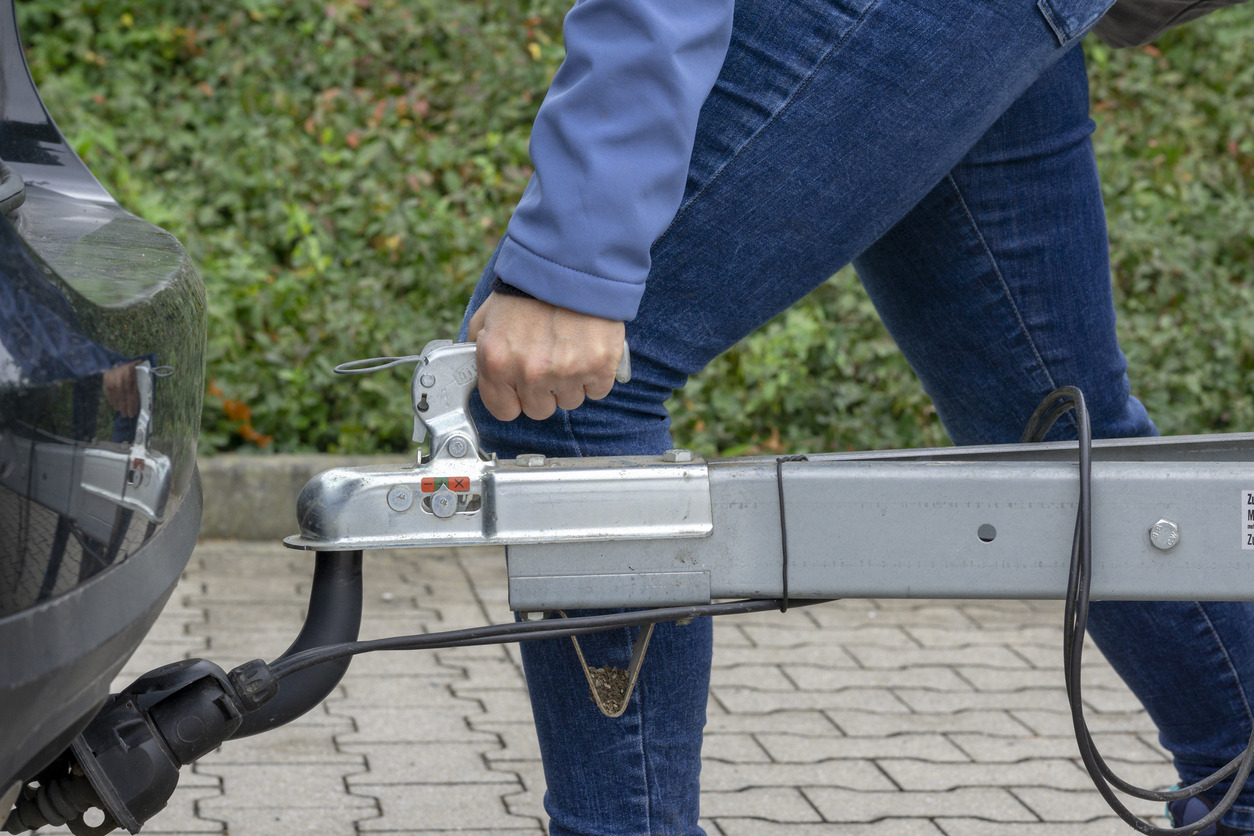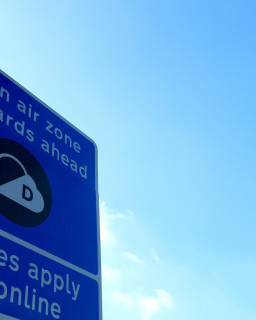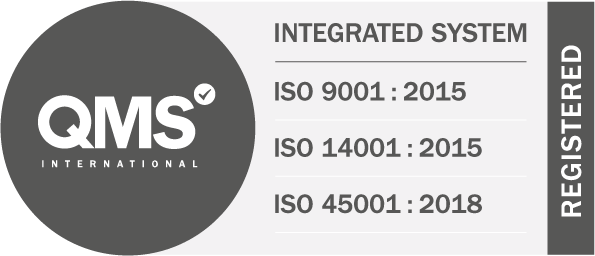Review the rules to ensure your towing goes without a hitch
Fleets should refresh their knowledge of the law related to towing after a safety check campaign by police discovered a 94% non-compliance rate
Fleets are being told “keep your hitch in line to avoid a fine” after police discovered most vehicles checked in a recent safety campaign were not compliant.
A multi-agency compliance event conducted at a motorway service area on the M5 checked almost 120 vehicles being used to tow and found a 94% non-compliance rate.
Offences included incorrect hitching, no emergency brake cable, insecure loads, and overloading, in addition to drivers having the incorrect licence for the load they were towing.
The checks were carried out as part of Project EDWARD (Every Day Without A Road Death), which this year focused on driving for work.
A total of 39 police forces in the UK supported the Europe-wide campaign, which ran for four days in September, looking for safety issues covering speed, vehicle maintenance, fatigue, loading, driver behaviour and towing for work.
Confusion over towing rules has been a long-term concern for authorities, particularly when it comes to licences as there are different rules depending on when drivers passed their test.
According to official guidance, the weight and size of trailer that can be towed depends on several key factors.
Any maximum weight specified under any of these cannot be exceeded - even if other criteria seem to permit a higher weight.
1. The capability of the towing vehicle
The chassis plate on the vehicle states the maximum weights allowed - the Gross Vehicle Weight (GVW) and the Gross Combination Weight (GCW). Where the sum of the maximum plated weights of the towing vehicle and of the trailer added together exceed the plated GCW of the towing vehicle, this is not a problem as long as the ‘actual’ weights of the vehicle and trailer (which may not be fully laden at the time) do not exceed the plated GCW.
2. The weight capacity of the trailer
A trailer manufacturer must decide the maximum weight the trailer can be loaded to - its Gross Vehicle Weight (GVW) - and mark it on the trailer chassis plate. This cannot be exceeded. Sometimes the maximum axle weights are quoted instead, and these must not be exceeded.
3. The brakes on the trailer
This depends on the weight capacity of the trailer. A trailer with a GVW of 750kg or lower is not required to have brakes, but if brakes are fitted, they must be in full working order. A trailer with a GVW from 751kg up to 3,500kg is required to have brakes.
4. Driving licence entitlement
Drivers are not allowed to exceed the entitlement to tow trailers given on their driving licence, even if the vehicle has the capability. Entitlement varies depending on when the licence was granted - if drivers passed a standard car test (category B) after January 1, 1997 their entitlement is more restricted than licences issued before that date. Unlike Section 1 above, driving licence entitlement is calculated on potential weight - Maximum Authorised Mass (MAM) - rather than actual weight. So, if a driver is entitled to tow a trailer with MAM 750kg, they cannot tow a trailer with a GVW of 1,500kg, even if it is unladen. They must only tow a trailer with a 750kg GVW.
5. Gross weight of towing vehicle and size of trailer
A towing vehicle with GVW of 3,500kg or lower is restricted as to the size of trailer it may tow. The trailer can be a maximum of 7m long by 2.55m wide. Exceptionally, where the trailer is specially designed to carry long loads (e.g. one or more boats or gliders), the 7m limit does not apply. A heavier vehicle can tow a trailer of maximum 12m long by 2.55m wide.
6. Drivers hours/tachograph and operators licence - GCW over 3,500kg
The towing vehicle for combinations with a GCW above 3,500kg may require a tachograph if used for commercial purposes; the driver must obey drivers hours regulations. Similarly, operator licensing may apply.
For detailed guidance on towing restrictions and the suitability of vehicles for different jobs, you can build your “tow how” using the government’s official online guide, or alternatively contact one of the Reflex Vehicle Hire experts.
You can also review equipment that can be added to our hire vehicles in our online ordering section.
Share to:
Find out more
Find out how Reflex Vehicle Hire can help your company.
Call 0330 460 9913 or visit our contact us page.







@2x.png)

